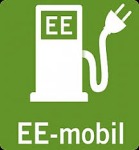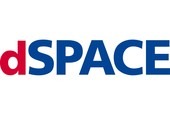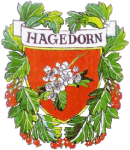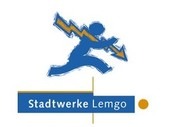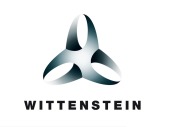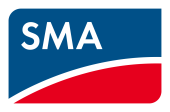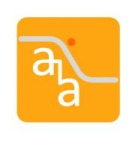Vertical control of a self-stabilizing monorail vehicle
Currently, numerous single-track railway lines are disused due to economic reasons. However, they could be reactivated for a bidirectional on-demand service traffic by small vehicles that use only one rail. MonoCabs are such small cabin-like vehicles, stabilized by a system of control moment gyroscopes and a moveable mass. They could make an important contribution to improve the mobility offer especially in rural areas. This paper is focused on the vertical stabilization system of the MonoCab. This system is discussed based on a physical three body model which describes the rolling motion of the vehicle, the lateral motion of the mass and the precession motion of the gyroscope. The model is utilized for a cascaded control concept adjusting the vehicle’s roll angle and gyroscope’s gimbal angle. The proposed stabilization concept is capable of compensating both high dynamic disturbances and stationary disturbances (e. g. unbalanced loads and steady wind flows). The concept is analyzed by simulations and experimental investigations utilizing a small scaled test rig and a rapid control prototyping system. Beside transient command responses also the frequency response of the system is experimentally evaluated and used for a validation of the model and theoretical findings.





